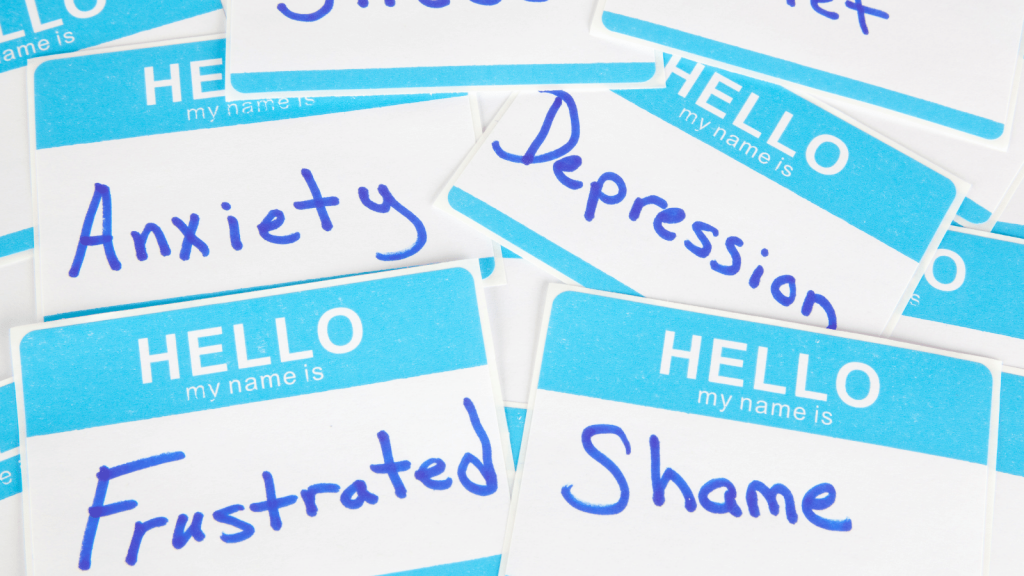Previous Article
Understanding Chronic Insomnia and its Cause and Effects
Chronic insomnia is a long-term pattern of difficult initiating or maintaining sleep. Sleep disorders, like insomnia, are problems with the quality, timing, and amount of sleep, which result in daytime distress and impairment in functioning.1
Our sleep-wake cycle is controlled by the body’s internal clock known as circadian rhythm. Circadian rhythms are physical, mental, and behavioural changes that follow a 24-hour cycle. It can influence important functions in our body, such as hormone release, digestion, body temperature, and sleep cycle. Usually, our circadian rhythm closely follows the daily pattern of day and night. However, many people have sleep schedules that cause misalignment of their circadian rhythm.
Shift work is one example of a situation in which individuals are unable to get the sleep they need. Travel is also a common cause of disturbed sleep. In some people, circadian rhythms can be shifted forward or backward without a clear cause, resulting in persistent difficulties in sleep timing and overall sleep quality. Poor sleep can also trigger or worsen other health conditions, creating a complex chain of cause-and-effect of insomnia.
Sleep quality can be hampered by a demanding work schedule and high level of stress, but the contrary is also true. It's difficult to perform well when you're nodding off at your desk, fatigued, have poor energy, and lack creativity.
Many medical conditions, such as PTSD, pain, and sleep apnea, have the potential to disrupt sleep.
Can medical cannabis help with sleep?
A recent high-quality human clinical trial demonstrated that giving cannabis, specifically THC 10mg-20mg in oil form, one hour before bed improved sleep quality and insomnia significantly. The research implies that mixing THC with CBD can help people who are new to THC or who are sensitive to it avoid or lessen the unpleasant psychoactive effects of THC.2
References:
[1] Qaseem, A., Kansagara, D., Forciea, M., Cooke, M., Denber, T.D., et al. (2016). Management of chronic insomnia disorder in adults: a clinical practice guidelines from the American College of Physicians. Annals of Internal Medicine, 165(2). 125-133.
[2] Walsh, J.H., Maddison, K.J., Rankin, T., Murray, K., McArdle, N., et al. (2021). Treating insomnia symptoms with medicinal cannabis: a randomized, crossover trial of the efficacy of cannabinoid medicine compared with placebo. Sleep Research Study, 44(11), 1-8.
Next Article
Types of Mental Illnesses
It's essential to consider the various forms of mental illnesses, each of which has its own set of symptoms and challenges. Mental illnesses are categorized by healthcare professionals based on their signs and symptoms. The following are examples of common mental illnesses:
Anxiety disorders
Anxiety is a normal response to stress that can be beneficial in certain circumstances. It can alert us of impending threats and assist us in preparing and paying attention.
Anxiety disorders, such as panic disorders and phobias, differ from typical sensations of nervousness or anxiety because they involve excessive fear or anxiety. Anxiety disorders are the most common mental illnesses, afflicting about one-third of all adults at some point in their lives. Anxiety disorders are treatable, and there are a variety of effective treatments available. Most people who receive treatment can live regular, productive lives.
Mood disorders
All mood disorders have an impact on a person's mood—how they feel. Mood disorder symptoms, such as seen with bipolar disorder and depression, can include long-term feelings of sadness, hopelessness, numbness, and exhaustion. People occasionally have an unusually 'high' mood and feel powerful, but this can also lead to problems.
Eating disorders
Anorexia nervosa and bulimia nervosa are eating disorders that aren't truly about food. They're complicated, and they're frequently used to cope with difficult situations or regain control.
Psychotic disorders
People with psychotic disorders, such as schizophrenia, have difficulty discerning between what is real and what isn't. Furthermore, people may sense things that aren't real or have a strong belief that something isn't real.
Personality disorders
A long-term pattern of thoughts, behaviours, and feelings that cause issues in a person's life. Personality disorders, such as borderline personality disorder, make it difficult for people to have meaningful connections with others, manage their emotions, and prevent harmful behaviour. Personality disorders can have an impact on how people perceive themselves and others, as well as how they deal with problems.
Childhood disorders
While many mental illnesses begin in childhood, some people are not identified until later in life. One example is attention-deficit/hyperactivity disorder (ADHD), which affects a person's ability to focus, complete work, sit still, plan, or organize.
A note on suicide
Suicide, or the deliberate taking of one's own life, is not a mental illness in and of itself. Not everyone who dies by suicide have a mental illness. Suicide, however, has been related to a variety of mental diseases. Any talk or thoughts of suicide should be taken seriously, and help should be sought.
Do you need more help?
Canadian Mental Health Association is a supportive community organization that offers support and resources in your area. Find your local CMHA here.
References:
Canadian Mental Health Association. (2016). Mental Illnesses. Toronto, ON: CMHA.





